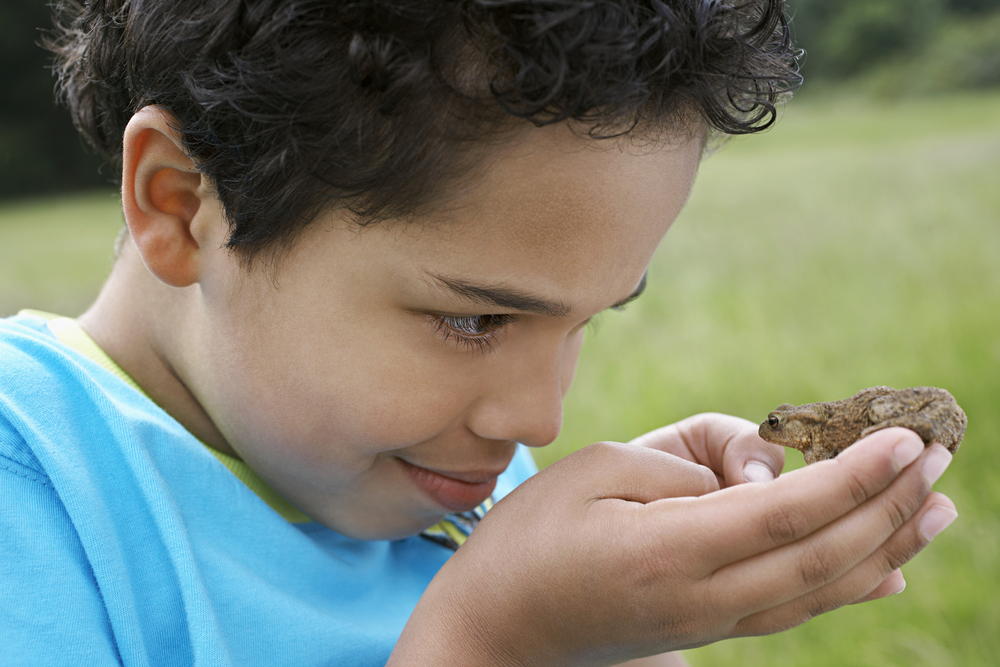Weather Vocabulary Worksheets for Ages 3-9
5 filtered results
-
From - To
Discover our engaging "Weather Vocabulary Worksheets for Ages 3-9" designed to enhance children's understanding of weather concepts in fun and interactive ways. These worksheets feature colorful illustrations and age-appropriate activities that help kids learn about different weather types, including sunny, rainy, snowy, and windy conditions. Tailored for young learners, our resources promote vocabulary expansion, reading skills, and critical thinking. Perfect for classrooms or at-home learning, these worksheets encourage exploration and curiosity about the world around us. Help your child build their weather vocabulary today with our creative and educational worksheets!
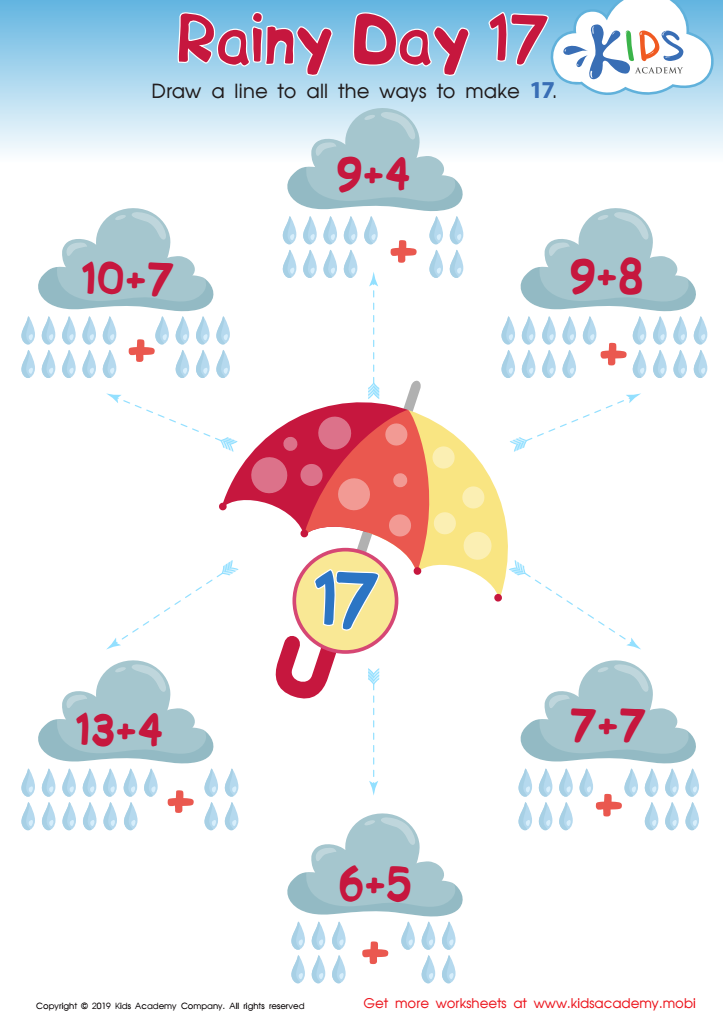

Rainy Day 17 Worksheet
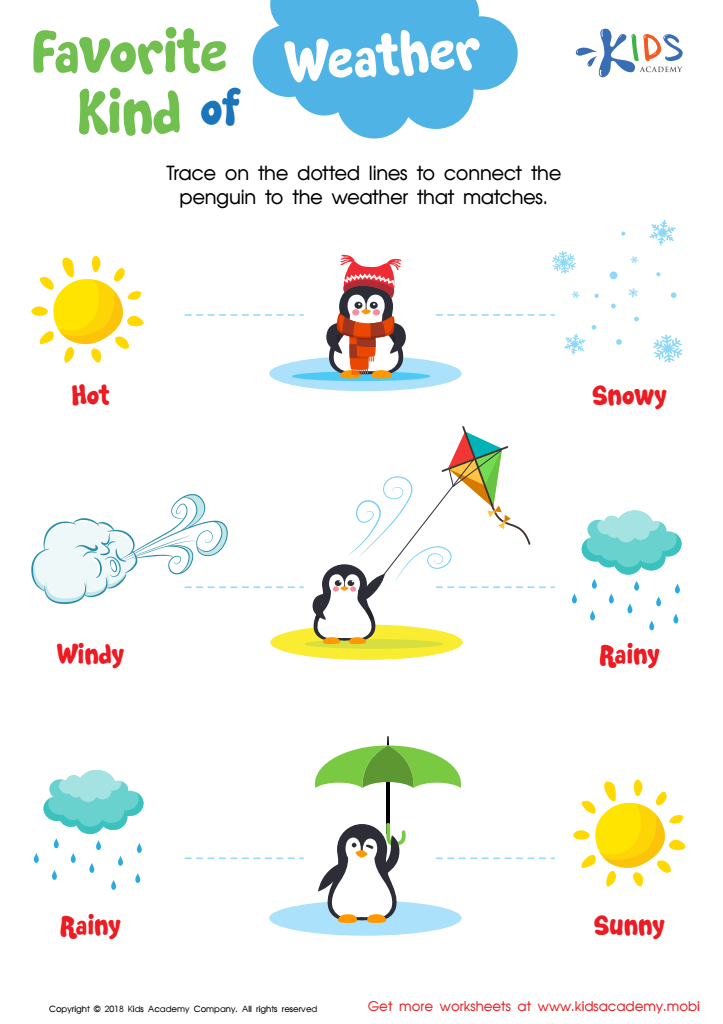

Favorite Kind of Weather Worksheet
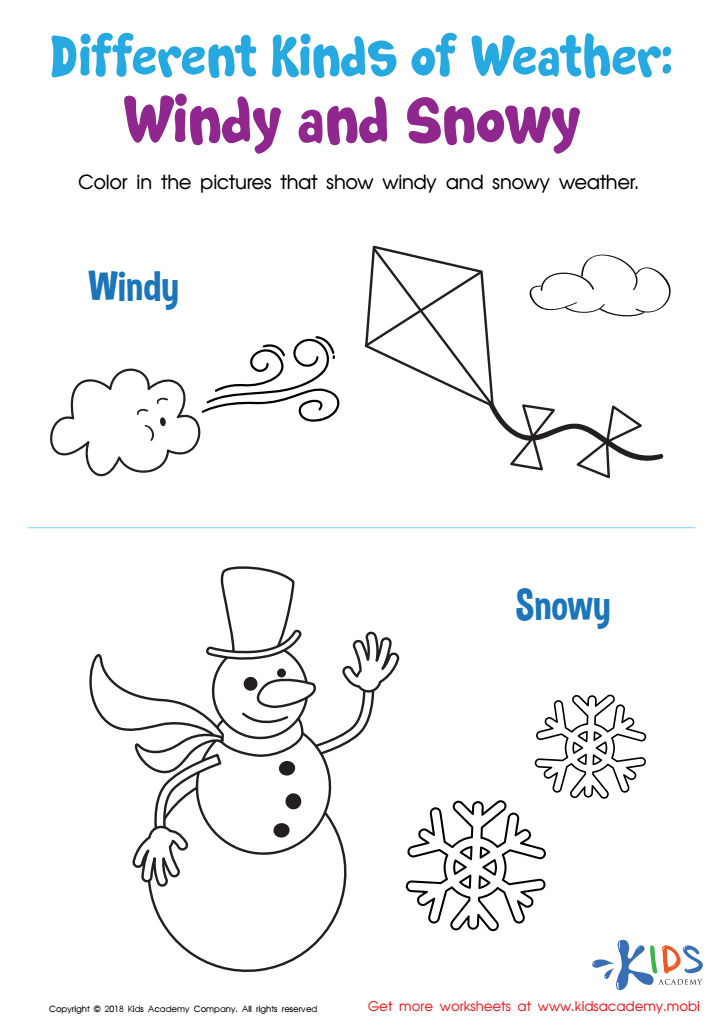

Different Kinds of Weather: Windy and Snowy Worksheet
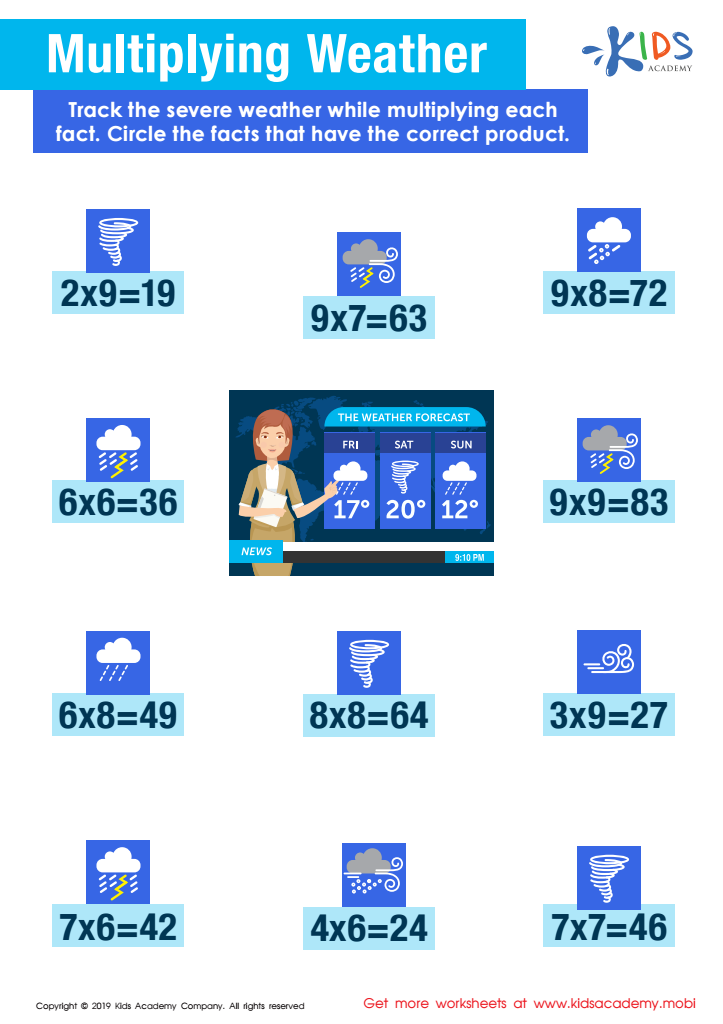

Multiplying Weather Worksheet
Understanding weather vocabulary is crucial for young children, as it forms a foundational element of their overall literacy and comprehension skills. For children aged 3-9, learning about weather fosters curiosity about the world around them, helps in developing critical thinking, and enhances observational skills. Parents and teachers play a key role in introducing weather terminology, which can lead to deeper conversations about how weather affects daily life and the environment.
Moreover, early exposure to weather vocabulary aids in nurturing scientific thinking. As children learn words related to different weather conditions—such as rain, snow, sunny, and windy—they begin to understand concepts like temperature, seasonality, and patterns, which are cornerstones of scientific inquiry.
In practical terms, weather vocabulary encourages children to make connections, such as discussing appropriate clothing for different seasons or identifying changes in their surroundings. This knowledge not only builds language skills but also fosters independence and decision-making abilities in everyday situations.
Furthermore, a solid grasp of weather language can support development in areas like geography and ecology, preparing children for future academic success. Overall, prioritizing weather vocabulary helps children become informed, engaged citizens who appreciate and understand their environment, making it a valuable topic for both parents and teachers.

 Assign to My Students
Assign to My Students







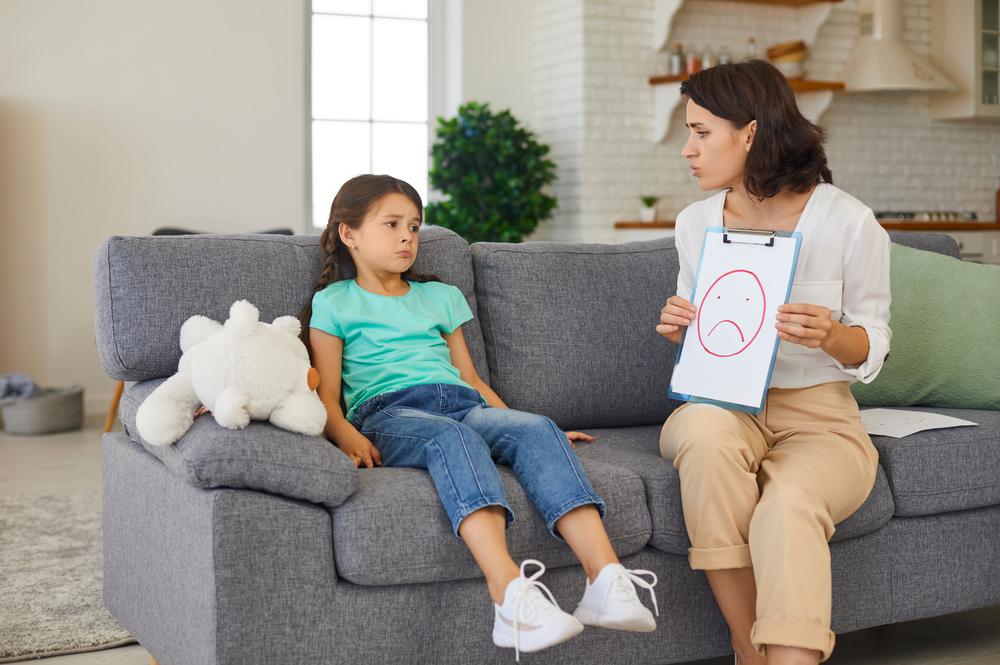

.jpg)

